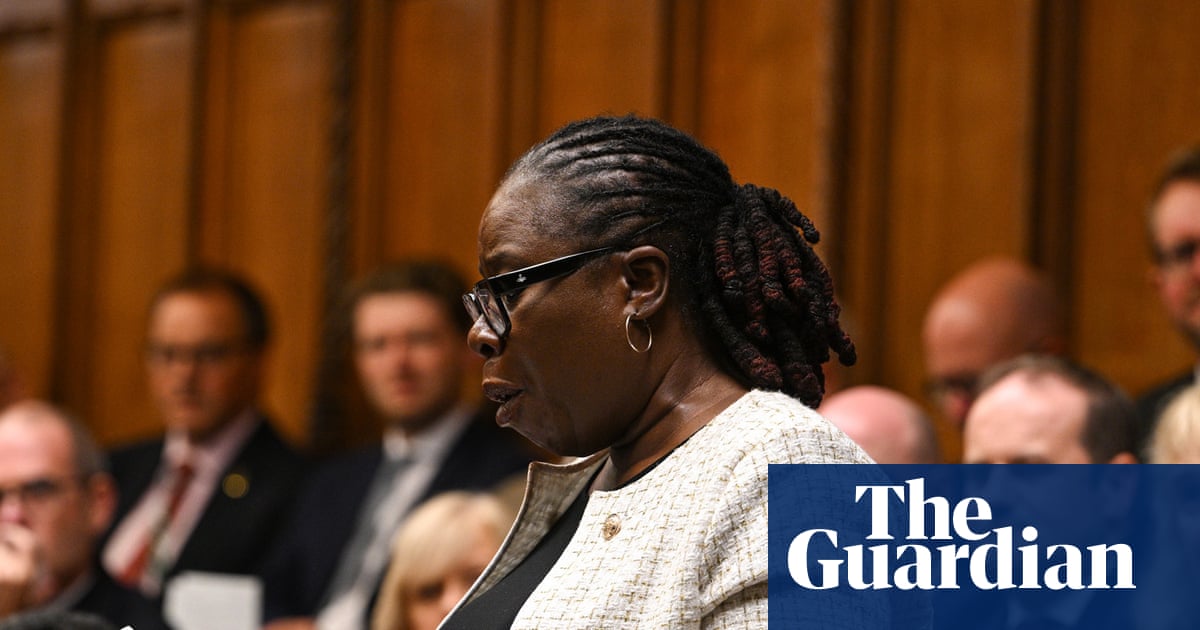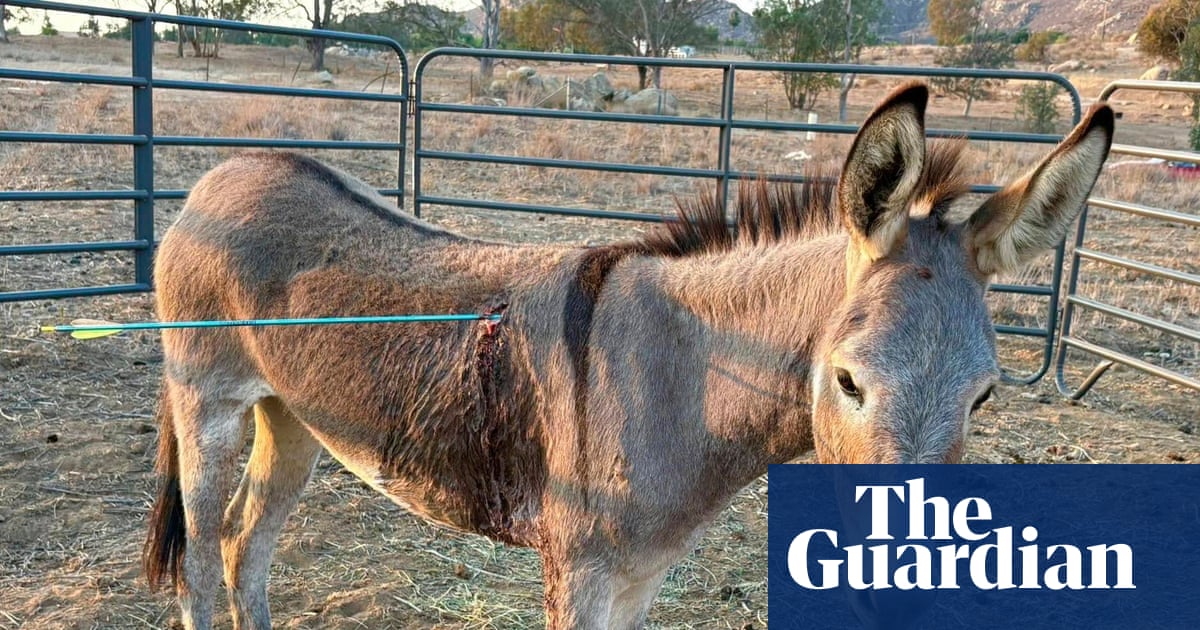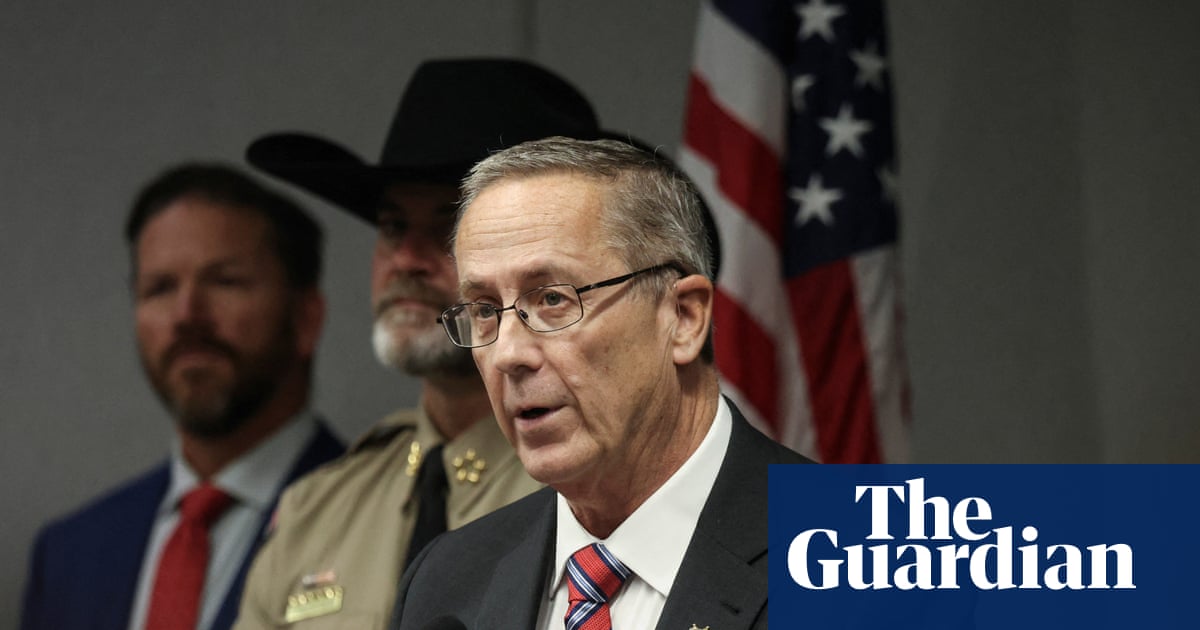A group of 20 internationally renowned scientists have issued a strong warning against attempts to narrow the definition of “forever chemicals” in what they describe as a politically or economically motivated effort to weaken regulation of the potentially harmful chemicals.
Per- and polyfluoroalkyl substances (Pfas) are a large group of synthetic chemicals used for their oil-, water- and stain-resistant properties in a range of consumer and industrial products from waterproof clothing and non-stick cookware to firefighting foams and electronics.
Their molecular structure makes them resistant to degradation, earning them the nickname “forever chemicals”.
In the last few years there has been growing awareness of the problems associated with Pfas, and a push for more stringent regulation, resulting in the banning of certain forms.
A group of scientists are now raising the alarm about efforts, including by some individuals and groups in the International Union of Pure and Applied Chemistry (IUpac), to narrow the current international definition of Pfas in ways that could exclude certain chemical subgroups.
Last year IUpac launched a project aimed at providing “a rigorous definition … and a harmonised communication on Pfas”.
A paper authored by the chair of the project gives credibility to narrower classification proposals and says it is necessary to find “a balance among scientific rigour, economic considerations, and social perspectives for effective Pfas regulation”.
But in a paper published this week in Environmental Science & Technology Letters, the group of scientists defends the current definition, calling it “scientifically grounded, unambiguous, and well-suited to identify these chemicals”. The effort to change the definition is “politically and/or economically, rather than scientifically, motivated”, the authors write.
“They are mixing up the chemical definition of Pfas with a regulatory definition of Pfas,” said Prof Ian Cousins from the University of Stockholm. “The OECD [Organisation for Economic Co-operation and Development] definition was not intended to be a regulatory definition … the confusion it causes will also be damaging and I suspect that causing confusion is one of their objectives.”
The authors warn: “An IUpac-endorsed and potentially narrower Pfas definition could confer undue legitimacy … and influence regulatory bodies and others to adopt less protective policies.”
If the definition of Pfas were narrowed, it could drastically reduce the scope of regulation regimes currently being worked out in the EU and UK, limiting the number of substances subject to control, undermining monitoring efforts and potentially weakening public health and environmental protections, according to the scientists.
Prof Pierangelo Metrangolo, co-chair of the IUpac project, said “the scientific rationale was the vibrant debate in the literature – reflecting differing opinions – and the fact that various regulatory agencies use different definitions. Therefore, we believed an IUpac project was timely.
“Currently, the TG [task group] has not finalised any conclusion, yet, and there are no indications that certain subgroups of chemicals would be excluded. More importantly, the IUpac has not ‘endorsed’ anything, yet.”
Prof Alex Ford from the University of Portsmouth, said: “Chemical industries and their lobbyists have used deny, deflect, sow doubt and delay tactics in the past to prevent and slow regulation on chemicals.
“The UK is still in the process of deciding how it will deal with Pfas compounds. Past experience has shown that confusion over the definition of harmful contaminants can cause substantial delays in their scrutiny and regulation.”
The Department for Environment Food and Rural Affairs said it generally followed the OECD definition but that it did not discount the need for narrower definitions in certain contexts.
In their paper, the scientists conclude by urging policymakers to continue using the OECD definition as the basis for harmonised regulation. “Justified exemptions can be made … without changing the general definition of what constitutes a Pfas,” they write.

.png) 3 months ago
38
3 months ago
38

















































